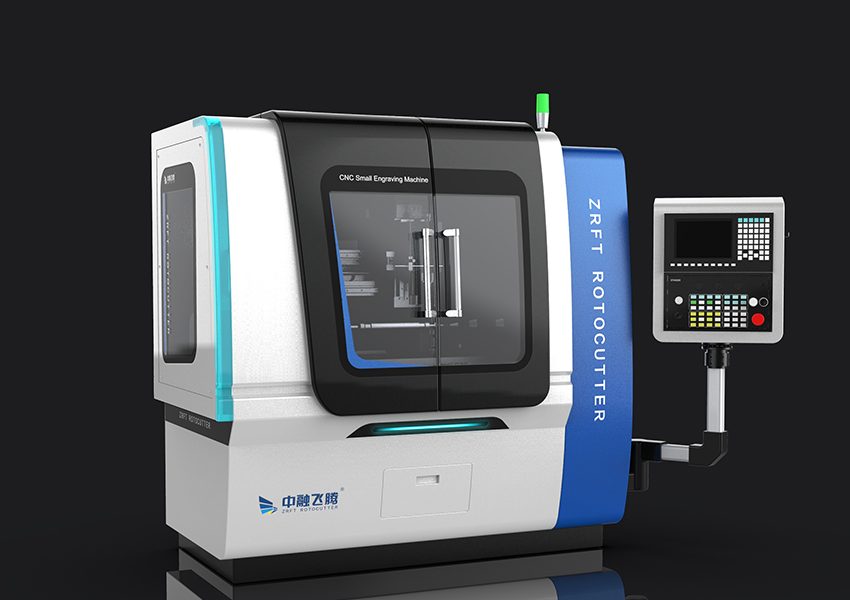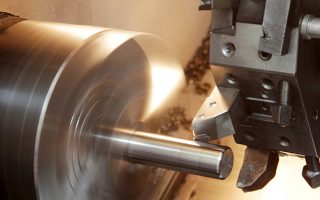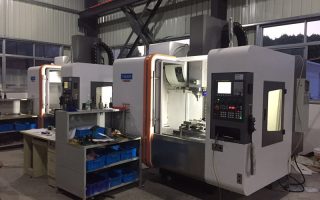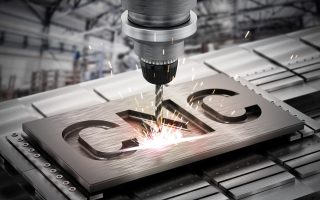
Introduction to CNC Machining Costs
CNC (Computer Numerical Control) machining is a widely used manufacturing process that employs computerized controls and machine tools to produce precise and complex parts. It is utilized across various industries, including aerospace, automotive, medical, and consumer goods. One of the most common questions asked by manufacturers, engineers, and businesses is: “How much does CNC machining cost per hour?”
The answer to this question is not straightforward, as CNC machining costs can vary significantly depending on several factors. These include the type of machine, material, complexity of the design, labor costs, location, and more. In this comprehensive guide, we will break down the factors that influence CNC machining costs, provide typical cost ranges, and offer insights into how businesses can optimize their machining expenses.
Factors That Influence CNC Machining Costs
1. Type of CNC Machine
The type of CNC machine used for a project is one of the most significant factors affecting the hourly cost. CNC machines come in various types, each designed for specific applications:
- 3-Axis CNC Machines: These are the most basic CNC machines and are typically used for simpler parts. They are less expensive to operate, with hourly rates ranging from $30 to $50.
- 4-Axis and 5-Axis CNC Machines: These machines offer greater flexibility and can handle more complex geometries. Their hourly rates are higher, often ranging from $75 to $150 or more.
- CNC Lathes: Used for turning operations, CNC lathes are generally less expensive than multi-axis machines, with costs ranging from $40 to $70 per hour.
- Specialized CNC Machines: Machines like CNC routers, EDM (Electrical Discharge Machining), and Swiss lathes may have unique cost structures depending on their capabilities and applications.
2. Material Costs
The material being machined plays a crucial role in determining the overall cost. Different materials have varying levels of machinability, which impacts machining time and tool wear. Common materials include:
- Aluminum: Aluminum is relatively easy to machine and is commonly used in CNC machining. It is cost-effective, with material costs ranging from $2 to $4 per pound.
- Steel: Steel is harder to machine than aluminum, leading to higher machining costs. The material cost for steel ranges from $0.50 to $2 per pound, depending on the grade.
- Stainless Steel: Stainless steel is more challenging to machine due to its hardness and toughness. It is more expensive, with material costs ranging from $3 to $6 per pound.
- Plastics: Plastics like ABS, nylon, and polycarbonate are easier to machine and less expensive, with costs ranging from $1 to $3 per pound.
- Titanium and Exotic Materials: Titanium, Inconel, and other exotic materials are costly and difficult to machine, leading to higher material and machining costs.
3. Complexity of the Design
The complexity of the part being machined has a direct impact on the cost. Complex designs with intricate features, tight tolerances, and multiple setups require more time and expertise, increasing the hourly rate. Factors that contribute to complexity include:
- Number of operations required
- Precision and tolerance requirements
- Surface finish specifications
- Toolpath complexity
For example, a simple part with a few holes and basic contours may cost $30 to $50 per hour, while a highly complex aerospace component could cost $100 to $200 per hour or more.
4. Labor Costs
Labor costs are another significant factor in CNC machining. Skilled machinists and programmers are required to set up the machine, create toolpaths, and monitor the machining process. Labor costs vary by region and expertise level:
- Entry-Level Machinists: Hourly rates for entry-level machinists range from $15 to $25.
- Experienced Machinists: Skilled machinists with years of experience may charge $30 to $50 per hour.
- Programmers: CNC programmers who create complex toolpaths using CAD/CAM software may charge $50 to $100 per hour or more.
5. Machine Depreciation and Maintenance
CNC machines are expensive pieces of equipment, with prices ranging from $50,000 to over $500,000. Machine depreciation and maintenance costs are factored into the hourly rate. Maintenance includes replacing worn tools, calibrating the machine, and performing routine checks to ensure accuracy. These costs typically add $5 to $20 per hour to the overall machining cost.
6. Overhead Costs
Overhead costs include expenses such as electricity, rent, insurance, and administrative costs. These costs vary by location and facility size but generally add $10 to $30 per hour to the machining cost.
Typical CNC Machining Cost Ranges
Based on the factors outlined above, here are some typical cost ranges for CNC machining:
- Basic 3-Axis Machining: $30 to $50 per hour
- 4-Axis and 5-Axis Machining: $75 to $150 per hour
- CNC Turning (Lathes): $40 to $70 per hour
- Complex Aerospace or Medical Parts: $100 to $200 per hour or more
How to Optimize CNC Machining Costs
To minimize CNC machining costs, businesses can take several steps:
1. Simplify the Design
Reducing the complexity of the design can significantly lower machining costs. Avoid unnecessary features, tight tolerances, and intricate geometries unless absolutely necessary.
2. Choose the Right Material
Selecting a material that is easier to machine can reduce both material and machining costs. For example, aluminum is often a cost-effective choice compared to stainless steel or titanium.
3. Optimize Toolpaths
Efficient toolpath programming can reduce machining time and tool wear. Work with experienced CNC programmers to optimize the machining process.
4. Use Batch Production
Producing parts in larger quantities can reduce setup time and lower the per-unit cost. Many CNC shops offer discounts for batch production.
5. Partner with the Right CNC Shop
Choosing a CNC shop with the right expertise, equipment, and pricing structure can make a significant difference. Compare quotes from multiple shops to find the best value.
Conclusion
The cost of CNC machining per hour depends on a variety of factors, including the type of machine, material, design complexity, labor, and overhead costs. While basic machining operations may cost as little as $30 per hour, complex projects can exceed $200 per hour. By understanding the factors that influence costs and taking steps to optimize the machining process, businesses can achieve high-quality results while staying within budget.
If you have specific requirements or need a detailed cost estimate for your project, it is best to consult with a CNC machining service provider. They can provide tailored quotes based on your unique needs and help you make informed decisions.




